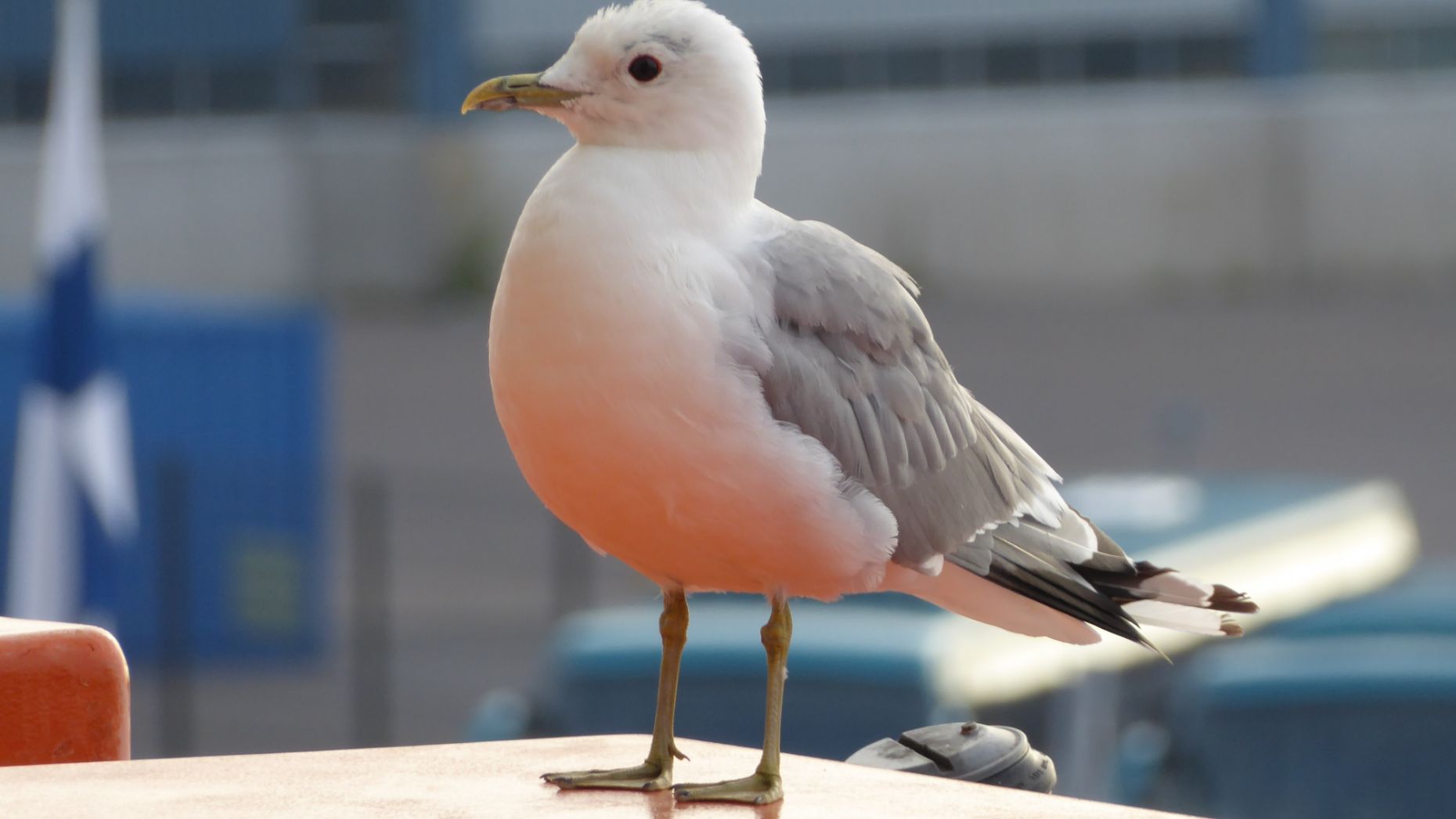News
Welcome Return for Kittiwake Nesting Colonies
Posted 19th March 2019
Newcastle has welcomed the return to the Quayside and the nearby Kittiwake Tower of the famous Tyne kittiwake colonies.
New measures are in place to protect the birds, following extensive discussions between Newcastle City Council, businesses, partners and animal welfare charities.
Regular meetings of key stakeholders have been held since last summer to learn from those experiences and minimise the future risk to the birds.
Alongside Newcastle City Council, representatives from the RSPCA, RSPB, Tyne Kittiwake Partnership, Northumbria Police as well as quayside businesses and building owners have all been involved in the discussions.
Helen Quayle, RSPB Conservation Officer for North East England, said: “The Tyne kittiwakes are an important part of our local natural and cultural heritage. Like many people, we were extremely concerned by the number of kittiwakes that became accidently caught in netting during the summer.
“Over the past few months we’ve been working hard to help reduce the risk of this happening again next year by advising local businesses and the council on making their properties safer for kittiwakes ahead of their return next spring.”
Following thorough assessments and listening to partners’ advice, all netting that posed a risk of trapping the birds on buildings owned by Newcastle City Council, such as the Guildhall, will be removed. Some of the netting on the Tyne Bridge will be removed completely and where it remains it will be checked, repaired or replaced as necessary.
The council is also planning to invest in an electrical deterrent to replace dangerous netting on its buildings. This system delivers a small, harmless shock to the gull as it lands – in a similar principle to a cattle fence albeit with a much lower voltage – to encourage behavioural change to deter the bird returning to that site.
The technology has been available in the UK since 2008 and all evidence available shows there is no harm or damage caused to birds as a result of its use. It requires little maintenance and can be turned off in an instant if necessary. It has already been in use on two Quayside buildings since 2011 while it is installed on buildings up and down the country.
It is not expected the electrical system will displace any birds to new nesting locations as it is replacing an existing deterrent rather than removing a nesting site.
The council has also encouraged building owners to conduct an urgent review of their own deterrents, but has no further authority to enforce them to add or remove measures they choose to use.
A spokesperson for Newcastle City Council said: “We are fortunate to have this colony of rare kittiwakes on the Quayside given the threat to the species globally and their presence needs careful and sympathetic management as a result.
“It is pleasing to see so many different organisations come together to make sure these birds can nest safely at the Quayside while minimising their impact on listed buildings, residents and businesses in the area.”
